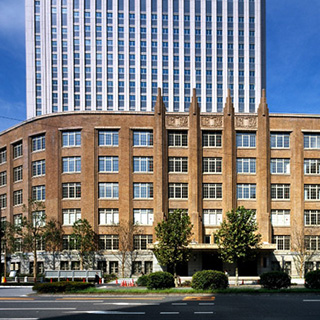UNESCO activities in Japan, under Clause #1 of the Law concerning UNESCO Activities (June 21st, 1952), are stated to have the objectives of deepening international understanding broadly among our country’s citizens through education, science and culture and of contributing to world peace and the welfare of humankind by advancing understanding and cooperative relations between Japanese citizens and citizens of other countries around the globe.
Clause #3 of the Law concerning UNESCO activities says that such activities “must be developed while cooperating with UNESCO, the United Nations and its specialized institutions, international organizations and the governments of various nations having connections with UNESCO activities, organizations with connections to the National Commissions for UNESCO and /or UNESCO activities, etc.” Paragraph#1, Clause#4 of the same law further states, “In order to achieve the objectives in Clause#1, the national government or local governmental bodies will carry out their own UNESCO activities, and , when recognized as necessary, give advice with private sector UNESCO activities.”
In the case of Japan, out of the circumstances whereby UNESCO activities that arose from private sector UNESCO activities have affected the national government, parliament, etc. and led to the ripening opportunity for Japan to join UNESCO, private sector UNESCO organizations came to exist and energetically engage in activities in all parts of Japan (in line with the doctrine/objectives of UNESCO, they are non-governmental organizations, such as UNESCO associations, UNESCO clubs, etc. that carry out their own activities in the individual region). The National Federation of UNESCO Associations in Japan (NFUAJ) is a non-governmental organization, which binds the component organizations such as aforementioned regional UNESCO associations and promotes cooperation with the Japanese National Commission for UNESCO (Ministry of Education, Culture, Sports, Science and Technology), the Ministry of Foreign Affairs, UNESCO Headquarters, and so on.
Moreover, the Asia/Pacific Cultural Centre for UNESCO (ACCU), an incorporated foundation was established in 1971, with the objectives of promoting culture in the nations of the Asia/Pacific region and of contributing to mutual understanding in line with the fundamental policies of UNESCO. ACCU implements “education cooperation” projects like creating teaching material for literacy, “cultural cooperation” projects such as training for the preservation of cultural heritage and workshops for preserving intangible cultural heritage, as well as “human exchange” projects like international exchanges of teachers and young people, etc.
(Office of the Director-General for International Affairs)




